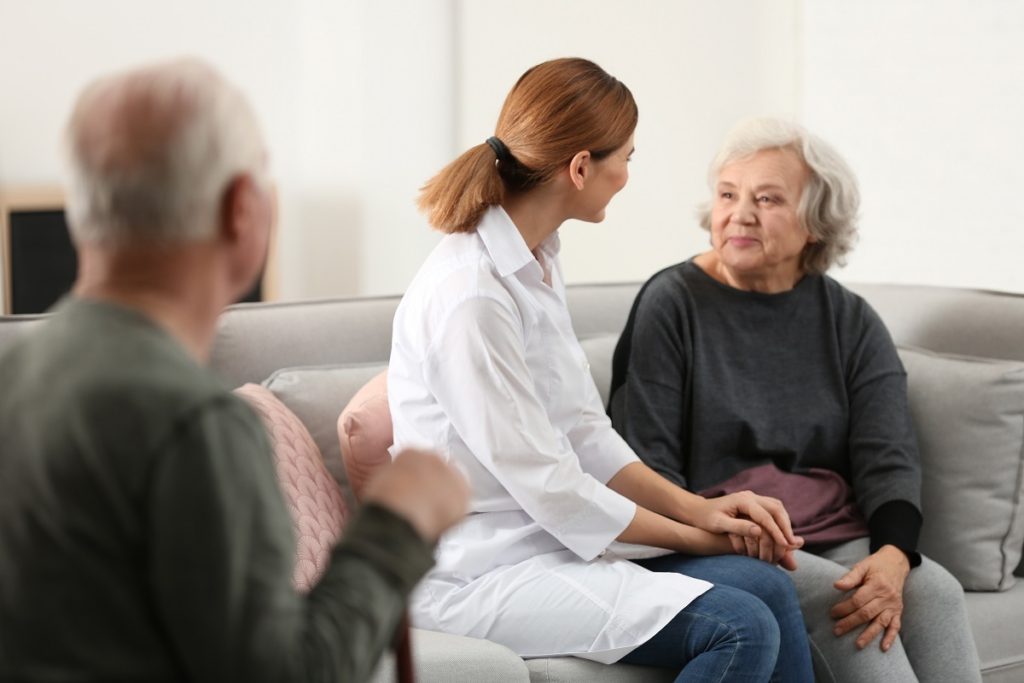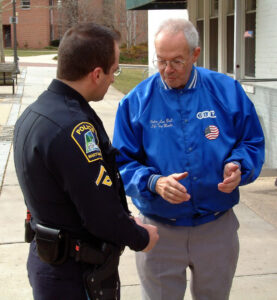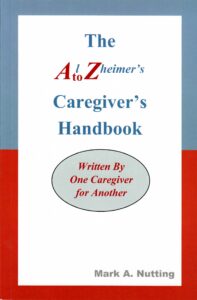The American College of Physicians recommends physicians take action and check-in with the caregiver of the older adult patient, especially those who are chronically ill. The primary caregiver of a person living with dementia is at a very high risk of physical, emotional, and financial stress leading to burnout syndrome. Burnout syndrome will ultimately cause secondary illness for the caregiver, depression, anxiety, and possibly pre-mature institutionalization of the person living with dementia.
According to Family Caregivers, Patients and Physicians: Ethical Guidance to Optimize Relationships
“Physician recognition of the value of the caregiver role may contribute to a positive caregiving experience and decrease rates of patient hospitalization and institutionalization.” Barry Jacobs, Psy.D. and Mark J. Yaffe, MD collaborated and wrote an article for Us Against Alzheimer’s called Physicians & Caregivers: A Needed Partnership in the Fight Against Alzheimer’s.
They discuss a very important topic. Physicians need to recognize their role in the support of their patient’s caregivers. It takes a village to care for one person living with dementia. The more support the primary caregiver receives, the healthier the caregiver remains, and the longer the person living with dementia may age in place.
A survey was conducted through the A-LIST, an online community of caregivers of those caring for a person living with Alzheimer’s or other dementia, regarding the caregiver check-in. In other words, does the physician of the person living with dementia ask how the caregiver is coping. It seems that although the majority of physicians understand that the person accompanying the person living with dementia, is the primary caregiver, there was no attempt at a discussion around how the caregiver was managing.
In Massachusetts, under the new law requiring physicians to receive dementia training, my hope is that there will be a focus on how the physician can support the caregiver. The physician, physician’s assistant, and nurse team can all take responsibility for checking-in with the caregiver to identify the needs. The team must educate themselves on the supportive resources in the community and have that information available. Would the caregiver benefit from receiving information on support groups, individual counseling, respite care, day care, home care, educational programs, etc.? Again, just the physician acknowledging the stress the caregiver is under, is the first step in offering support.







